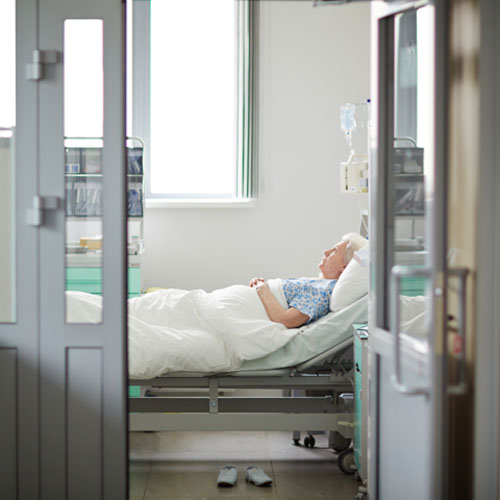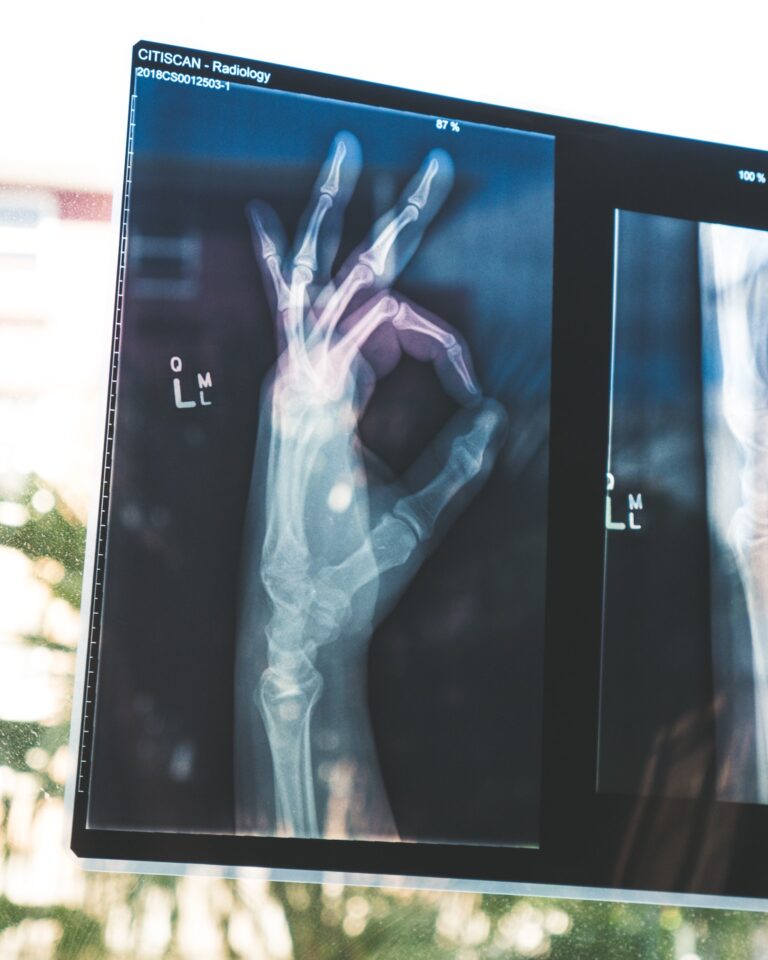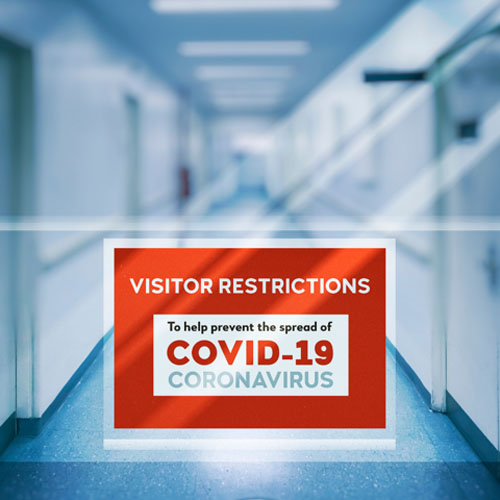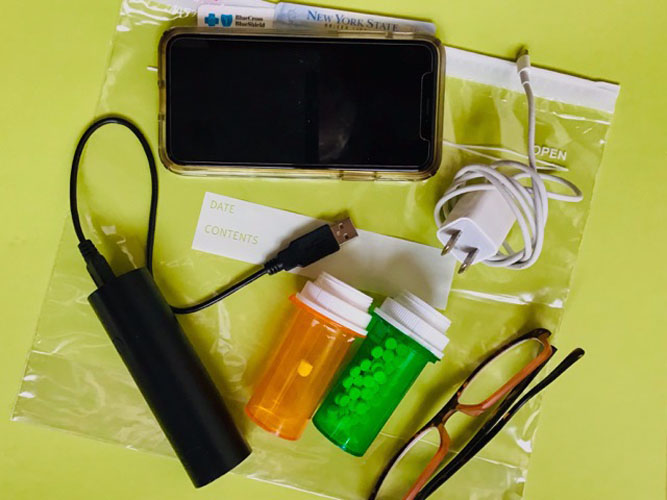
When a loved one is hospitalized, family and friends always mobilize to be at bedside to provide comfort and protection. Families know their loved one best and consequently have an innate grasp of what matters most for the patient during any health crisis. Now with the pandemic families must contend with the unthinkable – a loved one potentially being entirely alone for the duration of a hospitalization. Caregiving remotely is the new norm and not just for Covid patients. Experts say that zero or restricted patient visitation may be in place in all hospitals until 2022 as the coronavirus continues to rage out of control. Yet now more than ever it is important that families find workarounds to remain active partners in the two-way street of information sharing with the hospital doctors and nurses while also monitoring the details of treatment especially when your loved one is alone in the hospital. But the phone is a poor substitute for a daily loving presence and advocate at bedside.
These five tips will help you stay better connected to both your loved one as well as their hospital care team. Establishing a good telephonic relationship with busy nurses and doctors is no easy feat during this public health crisis but it is the most important safety measure families can undertake. Time is extremely limited so preparation is crucial – you may sadly have minutes to ask your questions, get important medical updates and express any concerns. Preparation is key. Write down all important questions – never rely on your memory alone. Persistence and detective work may be necessary to actually get your doctors on the phones – but stick with it. You need to be meaningfully informed as you will be making critical medical decisions at a time when staff and resources are severely constrained by Covid-19.
Remote caregiving as a new norm is in its infancy – a time of trial and error – and with that comes a host of attendant risks to patient safety and good outcomes. These tips are a roadmap to help you be actively involved with your loved one’s care if everything must happen over the phone.
1.Write It Down: Write down everything in one designated notebook for just this hospitalization. I would dedicate the first few pages for basic information: the patient’s diagnosis, room number, room telephone, hospital unit, number for nurses’ station, clinical team names and contact numbers, medications and medication schedule, etc. Write down the name and date/time of anyone you speak with from the hospital staff, along with notes about the conversation. No detail is too small. Every tidbit of information is important. You will need to juggle a flood of medical information – mostly relayed to you hurriedly over the phone by a nurse or doctor – don’t rely on your memory. Write down everything.
2. Names, contact information and schedules: organize your hospital contacts and find out the best times to get in touch with physicians, nurses and nurses’ aides on your loved one’s hospital team. It is your right to obtain regular and timely updates on your loved one’s health status. For physicians get their office numbers as well as cellphones and pagers. Find out when they round and ask that you be called and put on speakerphone when they are at bedside. For nurses and aides – you can reach them by calling the nurses’ station for the unit. Find out the shifts for your nurses and nurses’ aides (for instance 7am-7pm). Make sure you get an update at the end of their shifts because they can give you a big picture sense for that 12-hour period. Your nurse will likely be your daily point person for the evolving hospital care plan. Establish a good phone relationship. Ask your nurses the best way to stay regularly connected with them by acknowledging their busy schedules. If your loved one is alert, have them put you on speakerphone a few times a day when your nurse is rounding with medication or to check vitals if that is the most efficient way to communicate important updates and concerns. Protect the information exchange loop.
3. Medication schedule: Find out the what and why for each medication and which doctor prescribed it. What is the schedule? When you can’t be at bedside you must monitor this via the phone. As mentioned, medication times are a good time to do a check-in with your nurse because they will be at bedside with your loved one. Stay on top of the pain medication schedule – make sure your loved one is comfortable – inadequately managed pain can be the start of a host of problems leading to poor outcomes.
4. Stay Connected: Stay in regular phone contact with your loved one but don’t overdo it. The patient needs rest but also, if alert and capable, will become the information point person when you can’t visit. That is a huge burden during a medical crisis. Facetime with your loved once or twice a day, morning and night, to be able to see them and visually assess how they seem to you. A visual check will help you really get a sense of how things are going. You can gauge if they getting enough sleep, hydration, nutrition. You know the patient best and will detect before the hospital staff if something feels off. Let the staff know immediately of any concerns.
5. Discharge Planning: Discharge is much more complicated when done remotely. Important medical information will inevitably fall through the cracks. Training family for home care is difficult under normal circumstances but you must feel educated in what tasks you might need to have to handle for your loved one after discharge so be persistent and speak up if over-the-phone training is confusing and unclear. Medical equipment for home discharge – like hospital beds – may be in short supply so start planning from day 1 for discharge. The coronavirus has severely impacted the supply chain for these at-home needs. Ask to speak to the discharge planner for your loved one as soon as possible – usually a social worker or case manager. Let the discharge planner know if there are any special issues and needs that, if unmet, might create an unsafe home discharge. Advocate for the resources and services that you will need – you know best.
Trust your instincts.
Troubleshooting: Staying in the loop with your hospital team is extremely difficult under zero or restricted visitation policies but your loved one depends on your persistence to advocate for their basic safety and best outcomes. Call for daily updates on a regular schedule. Speak up if you are having a hard time connecting with staff and getting or sharing information. If this becomes a problem ask to speak with the nurse manager of the unit and/or the patient representative of the hospital. Short circuit communication breakdowns as soon as possible – it is the number one reason for medical errors in the hospital setting.
Adapted from The Patient’s Checklist: 10 Simple Checklists to Keep You Safe, Sane and Organized. © 2020 Elizabeth Bailey





